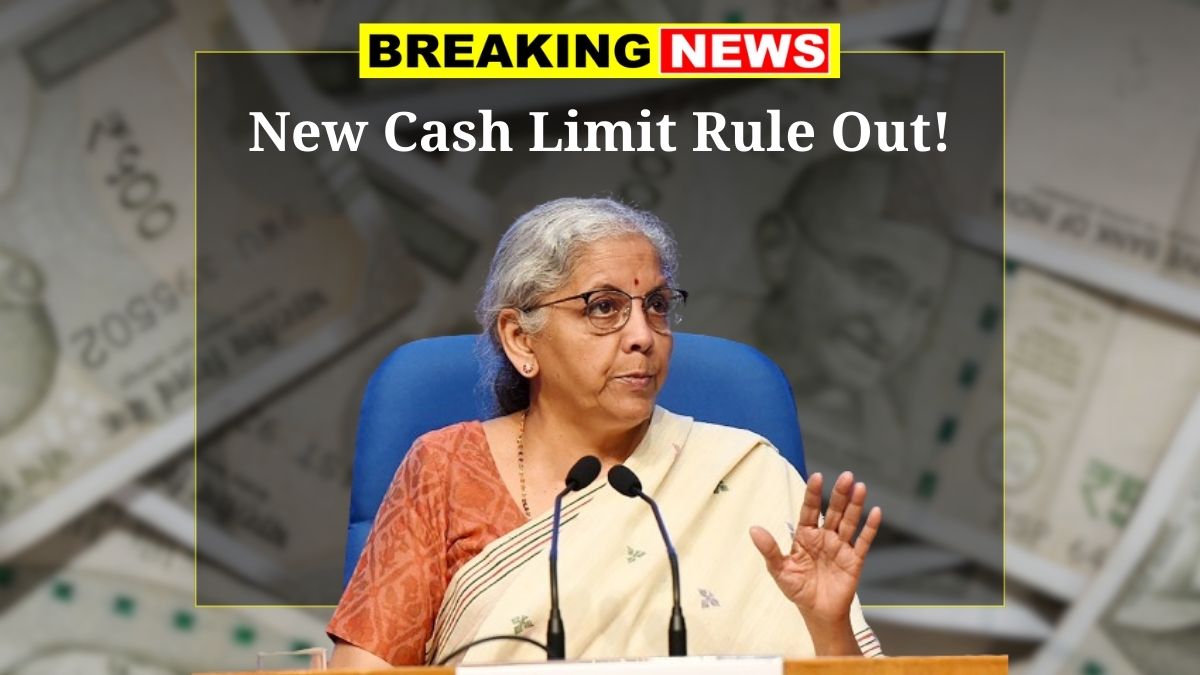Income Tax Change : Ever wondered if there’s a limit to how much cash you can legally keep at home? Well, the Income Tax Department has answered that question in May 2025 with a major update that every Indian needs to know.
The government has rolled out new rules regarding cash storage and transactions—and these aren’t just small tweaks. These reforms are aimed at curbing black money, tightening tax evasion loopholes, and pushing citizens towards digital payments. So, what’s new, and how does it affect you? Let’s break it down.
What’s the New Limit on Keeping Cash at Home?
Under the updated guidelines, individuals can now store a maximum of ₹20 lakh in cash at their residence. This is a sharp cut from the earlier unofficial threshold of ₹50 lakh, and it’s being strictly enforced.
Planning a wedding? The limit can be raised by an additional ₹5 lakh, but there’s a catch—you’ll have to prove the event with valid documentation (like wedding cards, vendor receipts, etc.).
New Cash Transaction Rules You Should Know
The rules don’t stop at just keeping cash at home. There are stricter norms for cash transactions too:
- If you’re making a cash transaction above ₹2 lakh, you must provide your PAN and Aadhaar details.
- If your total cash transactions cross ₹10 lakh in a year, you’re now required to inform the Income Tax Department about it.
These steps aim to bring more financial transparency and discourage the use of large amounts of cash in unaccounted transactions.
What Happens If You Don’t Follow the Rules?
Violating these new rules can be very costly.
- If you hold more cash than the allowed ₹20 lakh, you could face a penalty of 50% of the excess amount.
- For violating transaction-related rules, you could be fined up to ₹10,000 or 2% of the transaction, whichever is higher.
That’s a steep price to pay—literally—for ignoring regulations.
Why These Rules Matter
The government says this move is all about reducing black money, tracking high-value transactions, and encouraging a shift towards a cashless, digital economy. With digital infrastructure growing and UPI usage booming, this is one more step in the direction of financial transparency.
What Should You Do Now?
Experts recommend the following:
- Keep your cash holdings within the legal limit.
- Use digital or banking channels for large purchases and payments.
- Maintain clear records of any cash you hold or receive.
- Stay informed—rules may evolve further, especially as the government pushes for more formal financial systems.
These new rules affect everyone—from urban professionals to rural households. Stashing cash under the mattress? You might want to rethink that. Stay compliant, go digital when possible, and make sure you’re not on the wrong side of the law.





